You may have got away with ignoring data security for a long time, but the fact is, today’s cybercriminals are more aggressive than ever, and regardless of your hotel size if your network is the weakest link, you are a sitting duck. Taking time to invest in ways to protect your hotel and the sensitive client data you hold can save you headaches and financial losses down the track.
If you haven’t already read it, check out our blog on 7 cybersecurity threats in the hotel industry.
Protecting the identity and information of your hotel customers is paramount to the success of any business and the hospitality industry is no exception. It is important to secure your network from cybercriminals who are constantly trying to steal identities and credit card information.
Unfortunately, for hoteliers, the nature of attacks is dynamic, forever changing. This makes cybersecurity for hotels an almost perpetual arms-race to secure both data and networks.
1. Why you should care about the security of your hotel
In a hotel environment, data leaks or data loss can lead to:
- Reputational loss. Loss of trust by affected guests leading to loss of revenue from existing clientele and potential guests.
- Legal issues which can lead to time and money lost in lawsuits.
- Financial losses resulting from industry fines.
2. How to protect your hotel from cybersecurity threats
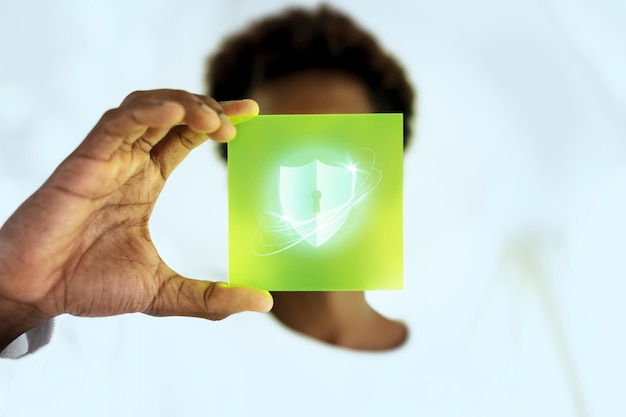
The most important thing to protect your hotel is to focus on preventing cyberattacks from happening in the first place. Protecting the identity and information of your customers is paramount to the success of any business and the hospitality industry is no exception. It is important to secure your network from cybercriminals who are constantly trying to steal identities and confidential information.
Unfortunately, for hoteliers, the nature of cyberattacks is forever changing. This makes cybersecurity for hotels an almost perpetual arms-race to secure both data and networks.
No single product, service or solution will single-handedly provide all the security you need in your network.
To protect your hotel, a comprehensive cybersecurity strategy will involve a mix of technical and people-driven solutions. Here are some simple steps you can take to make it that much harder for your hotel to get breached:
First, let’s take a look at the technology solutions.
2.1 Technology and Systems
- Invest in gateway and endpoint security solutions to protect your organization from cyber security attacks.
- Set up antivirus such as Bitdefender Antivirus on your user devices.
- Set up firewall solutions such as Sophos firewall.
- Also, regularly update your operating systems, applications and devices and ensure they have the latest security patches.
- Invest in advanced email security to protect your users from phishing, spoofing attacks, viruses, malware, ransomware and other advanced threats that may come through email.
- Then, be prepared for the worst-case scenario. Have an incident response plan and a solid backup and disaster recovery strategy. Being prepared to manage the risk should it materialize will lessen the negative effects of the incident and ensure continuity of your business should you fall victim. Get in touch with us for DRaaS or Cloud backup solutions for your hotel.
- Conduct regular risk assessments of your IT environment.
Next, let’s take a look at people-driven solutions.
2.2 People
1. To begin with, carry out cybersecurity awareness training for your staff.
2. Also, where possible, turn on 2FA or MFA settings on your emails and other user accounts including for online banking. This will minimize the risk of account takeover attacks. MailSafi, Google Workspace, Microsoft 365 and other providers support this feature. Two-step verification provides an extra layer of protection over your email address so that even if a hacker manages to get/guess your password, they still won’t automatically gain access to your email account.
3. Whenever possible, encourage guests to use Virtual Private Networks (VPNs) if they’re planning on conducting business with sensitive data like online banking, online purchases, etc.
4. Certainly, don’t share accounts (email and system) amongst your employees. Every employee should have their own unique ID and password to access their emails or systems. If one person is careless with online passwords, everyone’s security is at risk.
5. Another good practice is do not recycle passwords on different business-related accounts. Use different unique passwords for different online accounts, especially where you have sensitive financial information, customer information or confidential information about your business or individuals. You may consider using a password manager to help you remember your passwords. This helps you to keep your passwords safe without necessarily having to remember them or write them down somewhere.
6. Avoid using any public email address listed on your website (e.g., sales@, info@) as your online system login or username. Using public email addresses makes it easier for hackers to identify you as their target.
7. Keep updated on hackers‘ trends and also adapt to changing attack methods. Ensure up-to-date preventive and corrective strategies are in place.
8. Lastly, consider insurance to minimize the financial burden should your hotel be subject to a cyberattack.
3. Conclusion
While you may take data security for granted and think it won’t happen to you, it is happening every day to businesses and personal accounts, big and small.
The fine for a cybersecurity breach in your hotel can be steep, but it’s not the only thing your hotel should worry about. As discussed earlier, privacy and discretion are vital in the hospitality industry, and information leaks have huge negative consequences for businesses. A security breach can significantly tarnish your hotel’s reputation in a very public way and many travelers say they will be less likely to book again with a hotel that failed to protect their data.
Feel free to get in touch with us for more information on firewalls, antivirus, email security, email archiving, email hosting, cloud backup and disaster recovery solutions for your business.

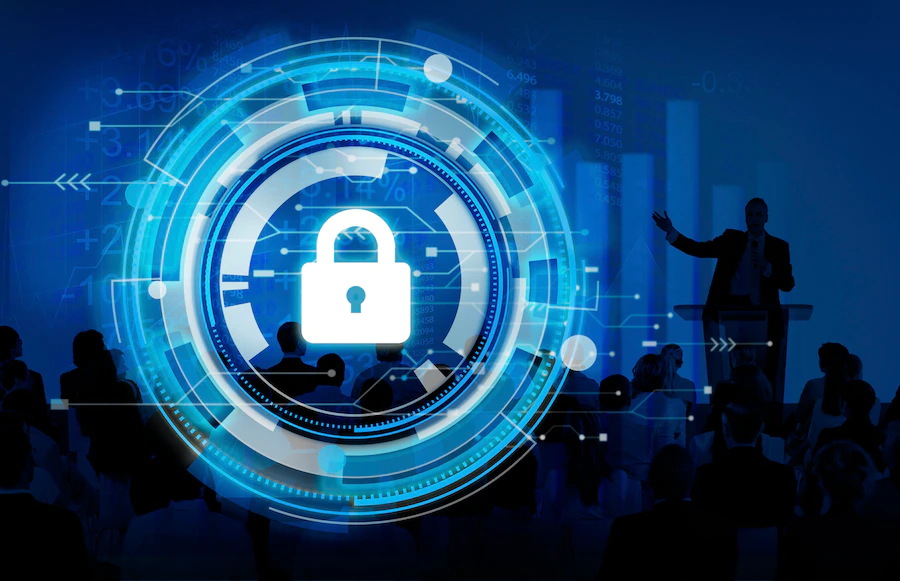
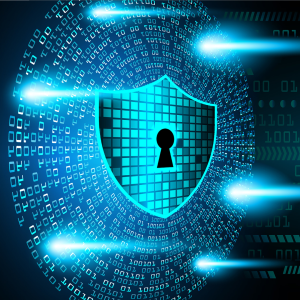
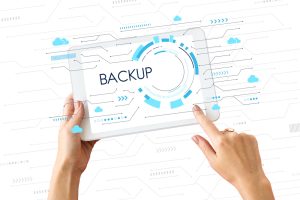
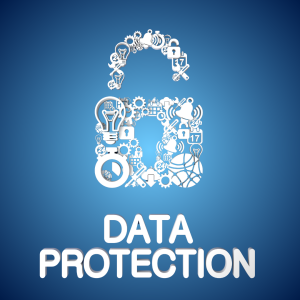
Pingback: Hotel Cybersecurity: Threats You Must Know | Kaluari